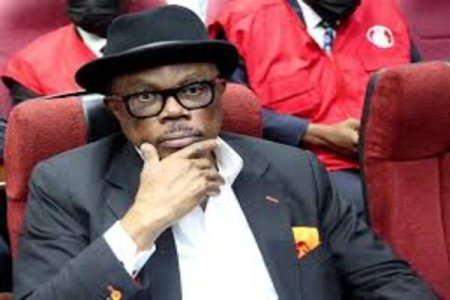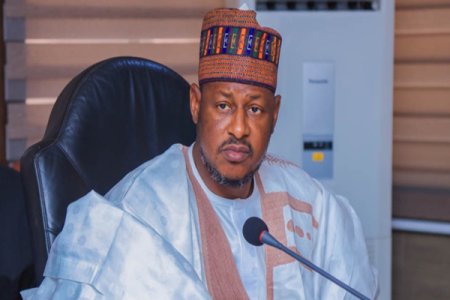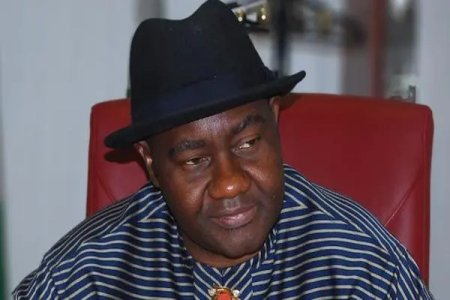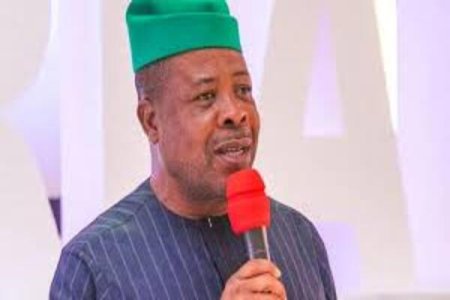
Former Anambra State Governor, Willie Obiano, faced a setback in court on Thursday as his attempt to dismiss N4 billion theft charges filed against him by the Economic and Financial Crimes Commission (EFCC) was dismissed by Justice Inyang Ekwo of the Federal High Court in Abuja. Despite Obiano's argument contesting the EFCC's jurisdiction to prosecute him, the judge ruled against him, stating that the Federal High Court had jurisdiction over the case, particularly concerning the alleged misappropriation of Anambra State security votes. However, in a concession to Obiano's medical needs, Justice Ekwo granted his request for the release of his passport to facilitate a medical trip, with the condition that he return the passport upon his return from treatment. The ruling sets the stage for the commencement of trial on June 27.
The court proceedings revealed a legal battle centered on the interpretation of jurisdictional powers and constitutional provisions. Obiano's legal team, led by Onyechi Ikpeazu (SAN), argued vehemently against the charges, asserting that no prima facie case had been established against the former governor. However, Justice Ekwo's ruling upheld the EFCC's authority to prosecute Obiano, citing the constitutional relevance of the case, particularly concerning state security votes disbursed from the Federation Account. The judgment highlights the intricacies of legal arguments in high-profile corruption cases and the delicate balance between individual rights and state interests.
Furthermore, Obiano's request for a variation in bail conditions due to health concerns added a layer of complexity to the proceedings. Despite reservations expressed by the EFCC's counsel, Sylvanus Tahir (SAN), regarding the duration of Obiano's medical treatment, the court granted the request, signaling a recognition of the defendant's health needs within the legal framework. The decision underscores the court's commitment to upholding fair trial standards while accommodating the medical exigencies of the accused.
The ruling has ignited public discourse, with Nigerians expressing varied reactions to the legal developments. While some perceive the court's decision as a step towards accountability and justice, others criticize it as a delay tactic or a reflection of broader systemic challenges in Nigeria's legal system. Amidst these debates, the upcoming trial dates hold significant implications for Obiano's legal fate and the broader fight against corruption in Nigeria's political landscape.




